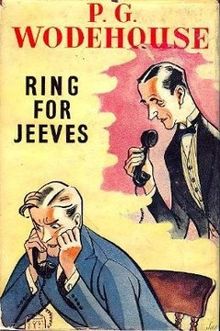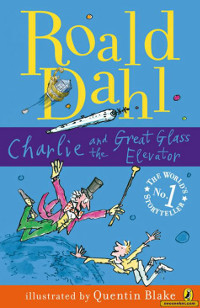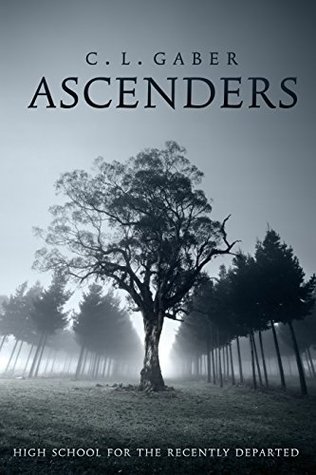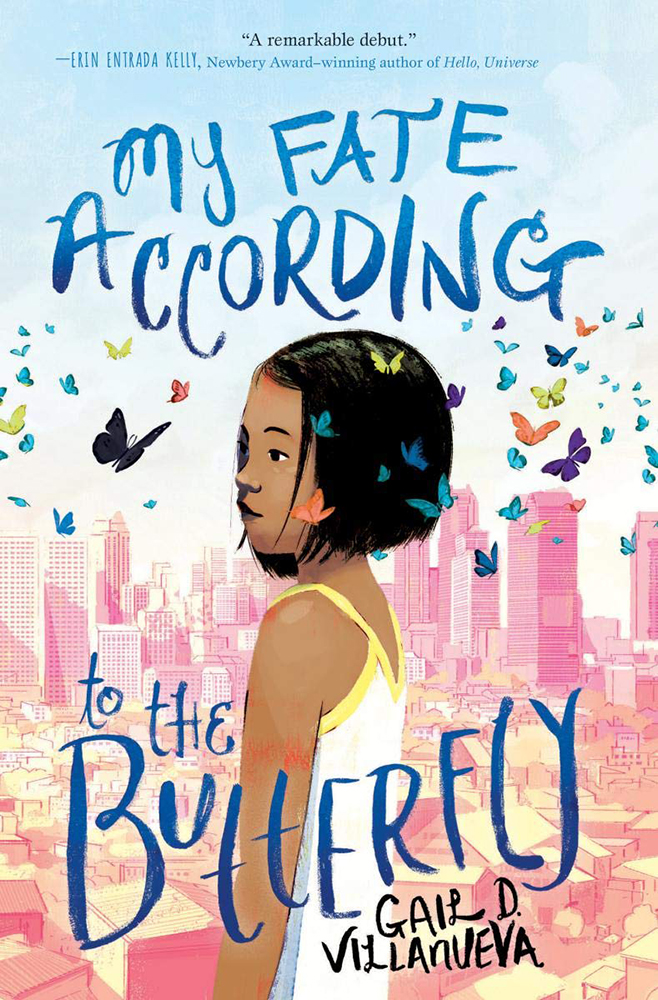[button color=”black” size=”big” link=”http://affiliates.abebooks.com/c/99844/77798/2029?u=http%3A%2F%2Fwww.abebooks.com%2Fservlet%2FSearchResults%3Fisbn%3D9780857869906″ target=”blank” ]Purchase here[/button]
This novel-length installment in the Jeeves-Wooster adventures is an odd duck in several ways. The first thing you notice is that it is narrated in the third person, rather than in the voice of playboy Bertie or his manservant Jeeves. Second, while Bertie is frequently mentioned, he doesn’t appear in this story. Jeeves has been loaned to the former Bill Belfry, now styled the 9th Earl of Rowcester (pronounced just like “Roaster”). Third, World War II has happened; the 1950s have arrived; and, in case 1950s U.K. history is a mystery to you, British society has undergone a bloodless revolution of the socialist type. The time of the idle rich is over. Chinless wonders with inherited titles, mansions, and real estate no longer have the resources to live high on the hog without working for a living. The good Lord giveth, but the tax man taketh away.
And so we find young Lord Rowcester living in a decaying pile of medieval stone, desperate for a source of funds to plug the holes in the roof and to provide for his bride-to-be, a veterinary surgeon named Jill Wyvern. It’s all very well for his brother-in-law, Sir Roderick Carmoyle (Rory to his friends), to work at Harrige’s department store. Even Bertie Wooster has fallen in the world, to the extent that he must go to school to learn how to darn his own sox. But Bill wants ready money and fast. While Jill, Rory, and Bill’s sister Monica (a.k.a. “Moke”) think His Lordship is doing something for the Agricultural Board, in fact he has taken Jeeves’ advice and set up shop as a bookie, disguised under a false mustache, an eyepatch, a loud suit and tie, and the name of Honest Patch Perkins.
Things start to heat up when a beefy, red-faced, Anglo-Malay hunter named Captain Biggar wins a double at the horse races and his bookie—our own Honest Patch—finds himself £3,000 short of being able to pay. Bill and Jeeves flee, Biggar pursuing them nearly as far as Rowcester Abbey, where they doff their disguises and brace themselves for what comes next. What comes next is a farce involving a rich, house-hunting American widow with a taste for ghosts; a diamond pendant with a loose clasp; an old white hunter whose noodle has been so cooked by the tropical sun that he has but a light grasp of reality, though he never quite loses touch with the gentlemen’s code; an embarrassing relative who can be relied on to say the wrong thing at the wrong time; a horse race in which so much depends on an unfavored horse closing in from behind; a household staff full of pimply teenagers; and a tough old magistrate who makes up his mind to ask a neighbor for the loan of a horsewhip, only to use it on him.
Besides this, it is a romantic comedy with two couples whose happiness is endangered by the silly goings-on. It a crime story in which the culprit is more worried about making amends for his crime than facing the music. It an adventure that gives full scope to the ingenuity of Jeeves, who not only knows what horse to bet on, but who can usually come up with a fiendishly clever scheme for dealing with sticky situations. Even when most strongly moved, Jeeves registers emotion by no more than a faint twitch of the eyebrow. Yet, somehow, there is a marvelous eloquence in his utterances such as, “Yes, my lord,” and, “Indeed, my lord,” and, “Most disturbing, my Lord.”
The dialogue sparkles. The protagonist’s nervousness gives spice to the high-spirited high-jinks. And if the narration seems to lack some of the unflagging zest of a first-person Bertie Wooster yarn, it compensates by making one think that the whole business would go off like a bang on the stage. This is well, since Wodehouse adapted this book from his own play Come On, Jeeves, co-authored by Guy Bolton. If it seems at time like good material for the book of a Broadway musical, perhaps it is because Bolton and Wodehouse collaborated on several such books. While it doesn’t have all of the magic we have come to expect from Jeeves-and-Wooster stories, it is filled with a perhaps more grown-up hilarity, based on more grown-up times, and speaking to a more grown-up audience. And since, in the end, Jeeves announces that he is going back to Bertie, we can count on seeing more of the old magic yet.




